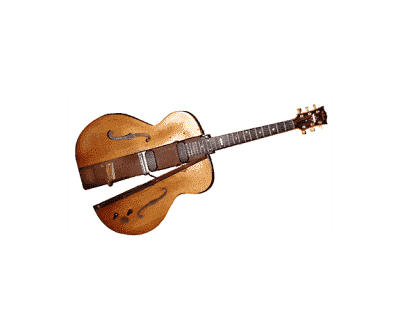pilgrimsdream
TDPRI Member
I talked to a boutique custom bass maker about this.
He told me that some wood is heavier due to higher moisture content. In that case, wetter woods kill sustain and resonance. I'm sure not all woods are heavier because of moisture content, but that may be a factor......
He told me that some wood is heavier due to higher moisture content. In that case, wetter woods kill sustain and resonance. I'm sure not all woods are heavier because of moisture content, but that may be a factor......


